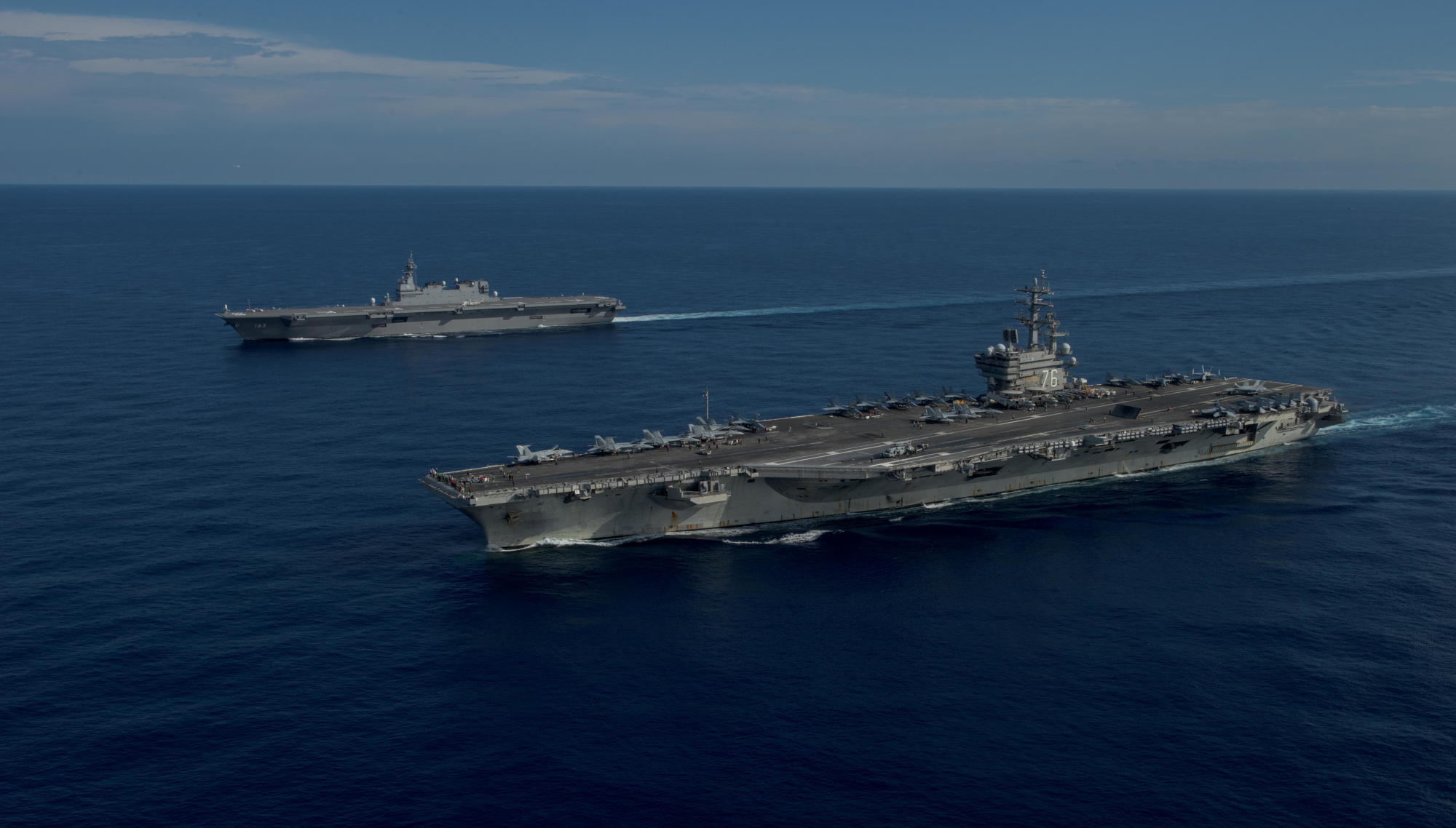Over the past year, Prime Minister Shinzo Abe has embarked upon a drive to cultivate closer bilateral maritime security ties with Southeast Asian nations. Abe's concerted maritime diplomacy strategy has unfolded in response to growing Chinese assertiveness in the East and South China Seas, where Japan and several ASEAN states remain locked in intractable territorial disputes with China. Amid heightened tensions, Japan is seeking new maritime defense partnerships to boost naval capacity and ensure the continued security of East Asia's economically-vital sea lanes.
Japan, as a resource-poor island nation, has long possessed a strong national interest in ensuring the safe passage of maritime commerce through the region's crowded waterways. Japan relies on imported oil and gas — mostly from the Middle East — for around 85 percent of its domestic energy needs, two-thirds of which is shipped through the contested waters of the South China Sea after transiting the narrow Malacca Strait chokepoint. Ensuring the free-flow of seaborne traffic in the region has therefore always been of vital economic importance to Japan.
In light of China's growing maritime assertiveness, Japan's imperative to protect its surrounding waters is now even greater. In the East China Sea, Beijing unilaterally declared an air defense identification zone (ADIZ) in 2013, and has since launched armed naval patrols close to the disputed Senkaku Islands, which are administered by Japan. In the South China Sea, Beijing has stirred tensions with the Philippines and Vietnam after undertaking extensive land reclamation and building military outposts on disputed islands. In response to these twin escalations, Japan has reached out to Southeast Asian nations to counter Chinese dominance of the region's seas.

















With your current subscription plan you can comment on stories. However, before writing your first comment, please create a display name in the Profile section of your subscriber account page.